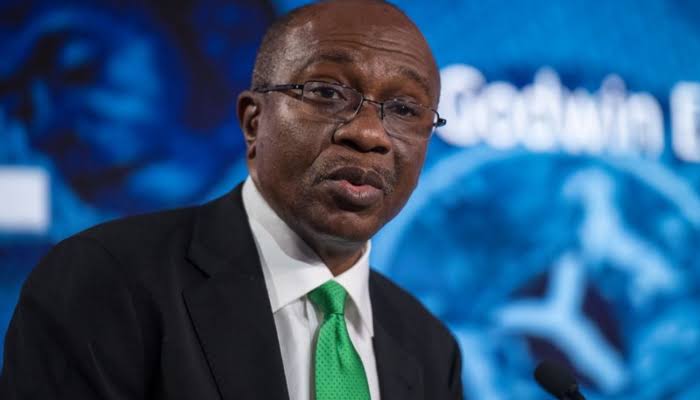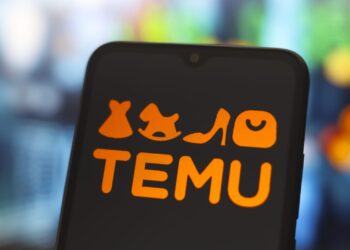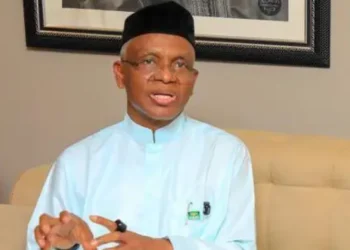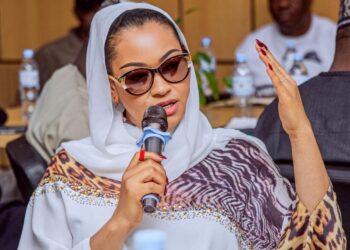The legal drama surrounding former Central Bank of Nigeria (CBN) Governor, Godwin Emefiele, took a new twist on Tuesday, as the Ikeja Special Offences Court adjourned ruling on his application seeking a forensic analysis of WhatsApp messages tendered in his ongoing $4.5 billion fraud trial.
Emefiele, who is facing a 19-count charge of receiving gratification and making corrupt demands, appeared in court alongside his co-defendant, Henry Omoile. Omoile is battling a separate three-count charge relating to unlawful acceptance of gifts by public officers. Together, the two are accused of fraud amounting to $4.5 billion and ₦2.8 billion.
At the resumed proceedings, Emefiele’s lead counsel, Senior Advocate of Nigeria, Olalekan Ojo, urged the court to grant permission for a forensic expert to examine both the mobile device and the printed WhatsApp conversations which have already been admitted as evidence by the court.
According to Ojo, the request was aimed at verifying the authenticity of the messages linked to the defendants. “The defence is seeking the leave of the court to call a forensic expert to examine both the mobile device and the printed conversations allegedly linked to the defendants,” he said.
However, the Economic and Financial Crimes Commission (EFCC), represented by Ms. Chigozie Okezie, strongly opposed the request. She argued that under the rules of evidence, once such material has been tendered and accepted by the court, it becomes part of the official record and must remain in its original state until the trial concludes.
Okezie also pointed out several lapses in the application. She stated that the defence did not specify how long the forensic process would take, nor did it provide details about the laboratory or personnel that would carry out the analysis.
“What is more, the defendants ought to have presented options of forensic laboratories, stating their competence for the court to pick from,” Okezie noted. She added that for transparency, the court should allow the EFCC’s forensic department to nominate a laboratory and ensure that the analysis is carried out in the presence of an experienced observer selected by the prosecution.
She further emphasized the importance of maintaining a proper chain of custody to prevent tampering with the device and to guarantee its return to the court after the examination.
After hearing arguments from both parties, Justice Rahman Oshodi reserved ruling on the application and adjourned the matter until September 15, 2025.
This development adds another layer to what is shaping up to be one of Nigeria’s most high-profile corruption trials in recent times, with legal experts and observers closely watching how the court handles the admissibility and analysis of digital evidence in complex financial crime cases.












